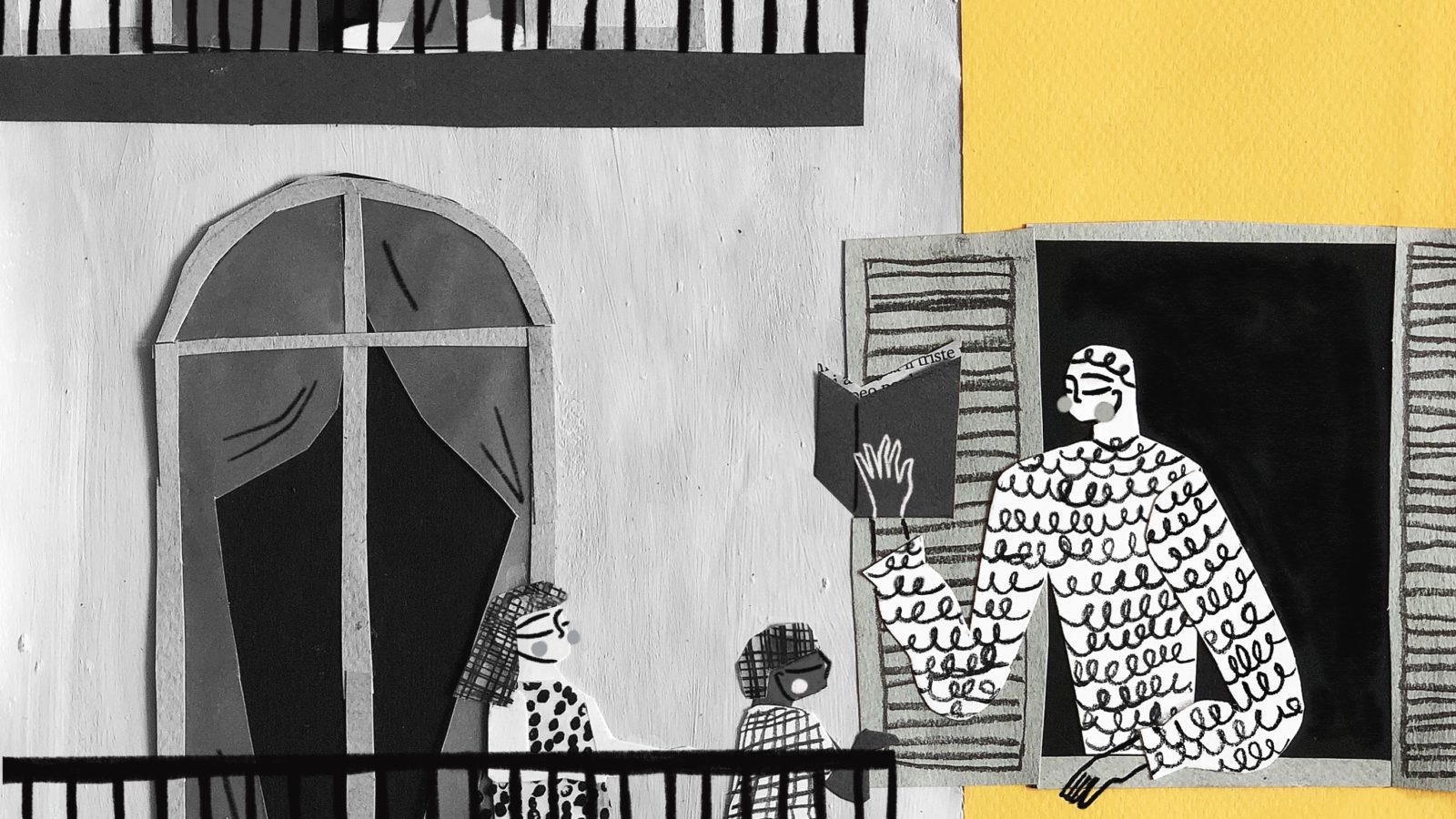We are in an unprecedented time in history where many have lost their jobs, their incomes, and those that were close to them. We wake up every morning to news of exponentially increasing numbers of positive cases, failures of governmental institutions, resource mismanagement, economic crises, and even more recently riots, discrimination, and natural calamities. Hence, it is not unwarranted that we may feel anxious and afraid.
Before I attempt to resource you with a solution, allow me to take you through a story.
A professor entered his classroom with a glass of water. He raised the glass of water and inquired: “How heavy is this glass of water?”
The answers called out were in the range of 50 g to 100 g.
“I will need to weigh it to know how much it weighs exactly. But the question I really want you to answer is—what would happen if I held this glass up for a minute?” asked the professor. “Nothing,” the students answered unanimously.
“And what if I hold it for an hour?” asked the professor. “Your arms will start aching,” answered one of the students. “Exactly, and what if I held it up for a whole day?” enquired the professor. “Your arms will feel numb, your muscles will get tired and may even get paralysed,” ventured another student.
“You are right!” exclaimed the professor.
He continued, “In all the cases the weight of the glass remains the same. But, the longer I hold it up, the heavier it becomes. Stress and worries in life are like a glass of water. If we hold on to them for a while, nothing happens, but think about them for a while, they will start hurting you and soon, paralyse you.”
What I wish to illustrate with this example is that the truth remains, poignantly and universally true, that we’re all constantly holding our glasses of water. We may have our families to worry about, our careers to worry about, and whether or not we would be able to subsist financially, in case of an emergency—to name a few. What we fail to recognise is that we aren’t alone in these circumstances.
Hence, receiving help, advice or simply solidarity from someone else can significantly reduce our stresses. And doing the same for someone else can be even more satisfying because it reminds us of the bigger picture and helps up divert our attention away from, solely, ourselves.
Hence, in light of the current circumstances, where most of us have been handed additional weight, we remind ourselves of the glasses of water others hold and wherever we can, alleviate or share their burden, even for a few moments.
An American anthropologist, Margaret Mead, who remains one of the world’s best-known and most influential cultural anthropologists to date, when asked by her student what according to her was the first sign of civilisation in a culture said that it was a femur (thigh) bone—broken and repaired. She explained that in a pack of animals when one gets injured they are usually the first to die; they cannot protect themselves, hunt, or drink water. In contrast, the healed femur symbolises that another person took time to care for the fallen—they dressed the wound, carried the person to safety, fed them, and tended to them through the six-week-long recovery. According to Mead, helping someone else through difficulty is where civilisation starts.
Evolutionarily, the human superpower has been our ability to work well in groups and take care of each other, especially those most in need of help. Darwin considered the “sympathy instinct” as one of the strongest human instincts which helped our species survive and flourish. Hence, I argue, kindness is what we all need to get through this global crisis, together.
We can intentionally practise the art of kindness in the following ways:
1. Charity starts at home
How can we be kinder to ourselves?
Learning to be kinder to ourselves may not be instinctual to us but it is essential for our well-being. The key lies in self-compassion, which encompasses treating ourselves with kindness and understanding, while being mindful of our negative emotions without suppressing them, validating our pain, and recognising that suffering is a part of the human experience. Show yourself the kindness you crave from others through self-care.
Self-compassion also builds resilience, optimism makes stress manageable and reduces the symptoms of anxiety and depression.
2. Practise makes perfect
How do we start and how do we make it a habit?
Some people may have a stronger instinct to be kind but if we, like everything else, cultivate kindness as a practice it will soon be second nature to us. Find small ways to be kind: look for something generous to say about someone, offer to help, or anticipate the needs of those around you.
Think of it like developing a muscle, the more you do something, the easier it gets every time.
3. Sometimes the best thing we can do is… listen
How simple things like listening to friends could set off a ripple effect?
Volunteering or venturing out of our homes to help may not be possible at the moment but there are other ways we can help others and be kind. Connecting with others through kind deeds allows us and them to meet our basic psychological needs of belonging. It can be as simple as making a phone call, giving advice, or just listening to a friend. Performing acts of kindness also increases life satisfaction, positive mood, and peer acceptance. It releases serotonin and oxytocin in both parties, which increases the feeling of trust, reduces fear and anxiety, promotes longevity, and boosts self-esteem—encouraging those we help to do the same for others and continue the cycle of kindness.
4. Give and you shall receive
How, in the process of helping others, could we help ourselves?
It has been shown in a study conducted by researchers from the University of Pennsylvania and the University of Chicago, that the act of giving advice can be more beneficial than receiving. They demonstrated that middle-school students who gave advice to younger students about studying ended up spending more time on their own homework. For example, when I remind a tense friend that social distancing measures are temporary and this too shall pass, I am, in the process, reminding myself of the same thing. It helps me regulate my own emotions and gain a sense of control.
Kindness makes us happy because the “warm glow” or the “helper’s high” stimulates the brain’s reward systems and gives us the feeling of self-satisfaction and contentment. Studies show that volunteering, donating money, or even thinking about volunteering and donating can release feel-good endorphins and reduce levels of cortisol, the hormone that makes us feel stressed. So, to help yourself, start by helping others and you might be surprised at the joy you stumble upon in the process.
Unlike the viral unit, many of the human struggles associated with the pandemic could be alleviated, if not cured, by empathy, solidarity, and kindness. And we don’t have to be exposed to kindness to be kind to each other.
So, reconnect with your friends and forge connections, if you’re a landlord—consider waiving rent, donate to relief funds, practise empathetic listening in your home, rediscover your romance through simple acts of kindness towards your spouse, and most importantly—be kind to yourself.
The only thing I hope spreads like a virus during this pandemic is kindness because we are at our best, individually and as a society when we serve others.


